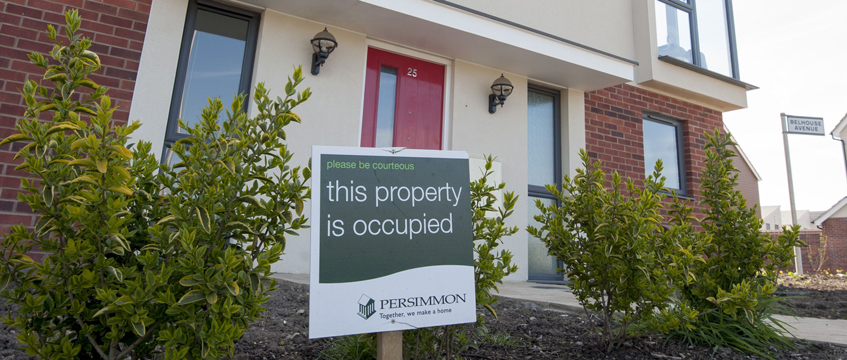The Budget needs to provide long-term housing certainty
BUDGET 2017: Former housing minister and MP Mark Prisk aims to get to the bottom of housing reforms in the run up to the Budget.
Where is housing policy heading?
What are we to make of the raft of announcements about housing? These include reforming both letting agents and estate agency, extending Help to Buy, a new five-year rental agreement for those in social housing and, most recently, senior ministers talking up the case for borrowing, to help build more homes.
After the hiatus of the General Election, these policies offer an effective agenda. So what does this mean in practice in the run up to the Budget on 22 November?
BUDGET 2017: Former housing minister and MP Mark Prisk aims to get to the bottom of housing reforms in the run up to the Budget.
Where is housing policy heading?
What are we to make of the raft of announcements about housing? These include reforming both letting agents and estate agency, extending Help to Buy, a new five-year rental agreement for those in social housing and, most recently, senior ministers talking up the case for borrowing, to help build more homes.
After the hiatus of the General Election, these policies offer an effective agenda. So what does this mean in practice in the run up to the Budget on 22 November?
Help for home buyers and tenants
First, the reforms to the leasehold, lettings and estate agency markets reflect the poor reputation these markets have with many consumers. Too many people have been ripped off or endured highly questionable practice. So while the majority of firms operate professionally, there is a case for both improving and modernising the law.
I would also expect to see incentives to encourage longer term tenancies in the Budget.
A long-term approach to social housing
Second, the fanfare about the extension of Help to Buy, overshadowed another significant announcement. The Government has increased social housing funding to £9 billion, and agreed that from 2020 social housing rents will be set at the annual consumer prices index, plus 1%, for 5 years. This provides a clear financial framework for housing associations to 2025, far longer than previous settlements. So housing associations now have the long-term certainty they need to get building.
Targeted borrowing to build more homes
Third, Sajid Javid’s comment about borrowing to enable housing suggests a serious debate is underway within Whitehall. Many people, myself included, believe that current fiscal restraints on borrowing to build homes need to change.
I don’t believe that the cap should be lifted from all councils. Instead help should be targeted. For example, ministers could remove the cap on borrowing for those housing authorities in the 20 worst areas for affordability. Set a 10-year timeframe and challenge the councils to build. This would tackle the problem where it’s most acute and could be financed within overall borrowing limits.
A home of your own
This agenda shows that ministers recognise the need to provide all tenures in housing. However, falling homeownership is of serious political concern. If the election taught Conservatives anything, it is that people in their 20s and 30s feel shut out of home ownership. So it’s imperative that the housing ladder needs to be lowered, to within the reach of more people.
Hence the generous extension to Help to Buy. I think that this policy does have merit, in tackling the size of deposits which young first time buyers face. However other models have much to commend them, without keeping prices higher. Shared ownership and rent to buy schemes are good ways of enabling more people to buy and its time these were more actively promoted across all new developments.
Lastly, it’s time we looked at property taxes. SDLT is suppressing the number of home moves, worsening a sluggish housing market. Meanwhile our council tax bills relate to values from 1991. We should be willing to reform both, reducing the SDLT burden on property transactions (especially for first and last time buyers) whilst re-setting council tax bills based on realistic property values (but at a lower rate). The net result of these changes would be higher council tax bills, but it would also make it cheaper to buy and to move. These changes could help to both improve funding for essential local services, whilst freeing up an increasingly stagnant housing market. I suspect the chancellor will recognise the issue around SDLT, but whether he then also moves on council tax valuations seems less likely.
Mark Prisk FRICS MP is a former housing minister, and a current member of the communities & local government select committee. He is a non-executive director and the prime minister’s trade envoy to the Nordic & Baltic nations and to Brazil.
Pic credit: David Parker/Associated Newspapers/REX/Shutterstock
Click here for all the news, data and analysis affecting real estate in the Budget











